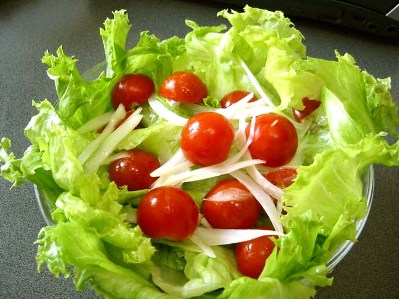Treatment methods for kidney failure: Hemodialysis:
Conditions related to kidney failure and their treatments: Your kidneys do much more tan remove wastes and extra fluid. They also make hormones and balance chemicals in our system. When your kidneys stop working, you may have problems with 1) anemia, 2) nerves and skin, 3) extreme tiredness, 4) bone problems, joint problems, 5) itching, and “restless legs”. Restless legs will keep you awake as you feel them twitching and jumping.
How Diet Can Help for your Kidney failure
Eating the right foods can help improve your dialysis and your health. Your clinic has a dietitian to help you plan meals. Follow the dietitian’s advice closely to get the most from your homodialysis treatments. Here are a few diet help for kidney failure.
Supplements: Vitamins and minerals may be missing from your diet because you have to avoid so many foods. Dialysis also removes some vitamins from your body. Your doctor may prescribe a vitamin and mineral supplement designed specifically for people with kidney failure. Take your prescribed supplement after treatment on the days you have hemodialysis. Never take vitamins that you can buy off the store shelf, since they may contain vitamins or minerals that are harmful to you.
Protein: Before you were on dialysis, your doctor may have told you to follow a low-protein diet to preserve kidney function. But now you have different nutritional priorities. Most people on dialysis are encouraged to eat as much high-quality protein as they can. Protein helps you keep muscle and repair tissue, but protein breaks down into urea (blood urea nitrogen, or BUN) in your body. Some sources of protein, called high-quality proteins, produce less waste than others. High-quality proteins come from meat, fish, poultry, and eggs. Getting most of your protein from these sources can reduce the amount of urea in your blood.
Potassium: The mineral potassium is found in many foods, especially fruits and vegetables, potassium affects how steadily your heart beats, so eating foods with too much of it can be very dangerous to your heart. To control potassium levels in your blood, avoid foods like oranges, bananas, tomatoes, potatoes, and dried fruits. You can remove some of the potassium from potatoes and other vegetables by peeling and soaking them in a large container of water for several hours, then cooking them in fresh water. You can remove some potassium from potatoes by soaking them in water.
Phosphorus: The mineral phosphorus can weaken your bones and make your skin itch if you consume too much. Control of phosphorus may be even more important than calcium itself in preventing bone disease and related complications. Foods like milk and cheese, dried beans, peas, colas, nuts, and peanut butter are high in phosphorus and should be avoided. You’ll probably need to take a phosphate binder with your food to control the phosphorous in your blood between dialysis sessions.
Fluids: Your dietitian will help you determine how much fluid to drink each day extra fluid can raise your blood pressure, make your hear work harder, and increase the stress of dialysis treatments. Remember that many foods such as soup, ice cream, and fruits contain plenty of water. Ask your dietitian for tips on controlling your thirst
Calories: Calories provide your body with energy. Some people on dialysis need to gain weight. You may need to find ways to add calories to your diet. Vegetables oils like olive, canola, and safflower oils are good sources of calories and do not contribute to problems controlling your cholesterol. Hard candy, sugar, honey, jam, and jelly also provide calories and energy. If you have diabetes, however, be very careful about eating sweets. A dietitian’s guidance is especially important for people with diabetes.

